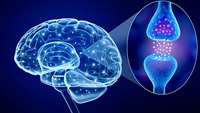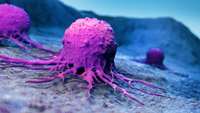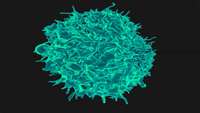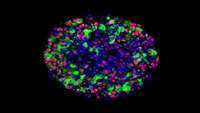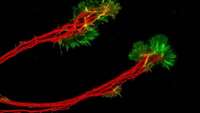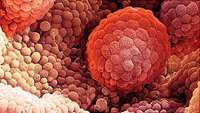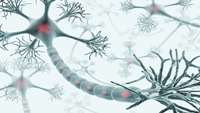Scientists generate functional, transplantable B cells from mic
Functional B-1 cells derived from mouse embryonic stem cells are capable of long-term engraftment and secrete natural antibodies after transplantation in mice, researchers report February 7th in the journal Stem Cell Reports. Scientists are interested in B-1 cells generated from pluripotent stem cells because they could be tested as a therapeutic for a broad range of immunological disorders.
Allogene, closer to new drug after FDA approved its CAR-T study in lymphoma
There is good news for all patients suffering from relapsed/refractory non-Hodgkin lymphoma. A new drug is one step closer to helping them, after it has received FDA approval.
CMS Proposes Coverage With Evidence Development for CAR T-Cell Therapy for Cancers
The Centers for Medicare & Medicaid Services (CMS) has proposed to cover chimeric antigen receptor (CAR) T-cell therapies approved by the FDA, under “Coverage with Evidence Development,” according to a recent press release issued by the agency.1
Can we repair the brain? The promise of stem cell technologies for treating Parkinsons disease
Cell replacement may play an increasing role in alleviating the motor symptoms of Parkinsons disease (PD) in future. Writing in a special supplement to the Journal of Parkinsons Disease, experts describe how newly developed stem cell technologies could be used to treat the disease and discuss the great promise, as well as the significant challenges, of stem cell treatment.
Cancer growth in the body could originate from a single cell – targeting it could revolutionise treatment
Cancer remains a frightening and largely incurable disease. The toxic side effects of chemotherapy and radiation make the cure often seem as bad as the ailment, and there is also the threat of recurrence and tumour spread.
New insights into how an ordinary stem cell becomes a powerful immune agent
T-lymphocytes are cells in the immune system that act as "intelligence agents"—they circulate throughout the body, detect threats, and determine what kind of response the immune system should make. These cells are crucial in certain cancer therapies in which they are persuaded to attack cancerous cells.
Functional insulin-producing cells grown in lab
UC San Francisco researchers have for the first time transformed human stem cells into mature insulin-producing cells, a major breakthrough in the effort to develop a cure for type 1 (T1) diabetes.
Biologists use mini retinas to better understand connection between eye and brain
IUPUI biologists are growing mini retinas in the lab from stem cells to mimic the growth of the human retina. The researchers hope to use the research to restore sight when critical connections between the eye and the brain are damaged
Sensors developed to detect and measure cancers ability to spread
"Cancer would not be so devastating if it did not metastasize," said Pradipta Ghosh, MD, professor in the UC San Diego School of Medicine departments of Medicine and Cellular and Molecular Medicine, director of the Center for Network Medicine and senior study author.
The development of brain stem cells into new nerve cells and why this can lead to cancer
Stem cells are the true jacks-of-all-trades of our bodies, as they can turn into the many different cell types required by different organs. This allows the tissues such as muscle or even brain to renew and to heal after injury, and this amazing multipotency makes stem cells in the adult body key tools for the future of regenerative medicine.


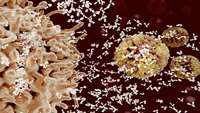
_124399.jpg)

